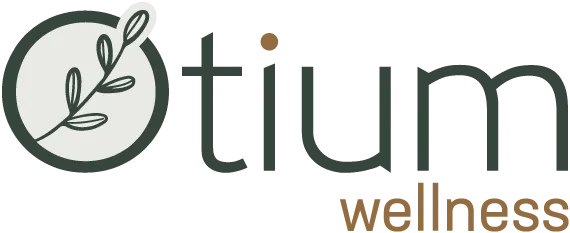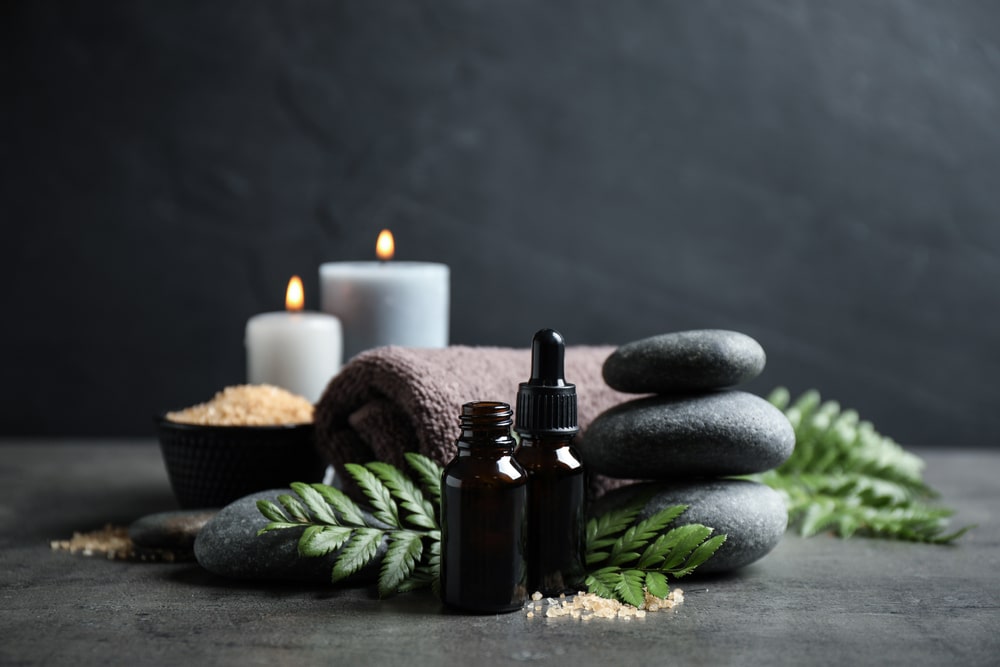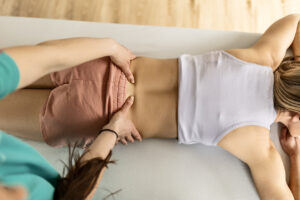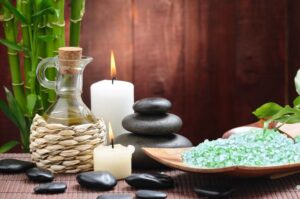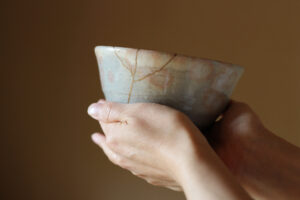If you’re looking to improve your performance and prevent injury on the slopes, massage therapy might be exactly what you need. Regular massage appointments can help skiers improve their flexibility and agility while healing sore or strained muscles after a day in the mountains. In this article, we’re exploring the benefits of massage therapy for skiers.
The Unique Physical Needs of Skiers
Skiing is a physically demanding sport that requires a unique combination of endurance, strength, and flexibility. After a day on the slopes, skiers typically endure complications such as muscle stiffness, soreness, and fatigue. This is where massage therapy comes in.
Benefits of Massage Therapy for Skiers
Massage therapy is a great way for skiers to relax and unwind after a day of runs. Of course, there’s an array of other benefits, as well:
- Muscle recovery: Massage therapy helps speed up recovery by improving blood circulation, bringing more oxygen and nutrients that aid in recovery directly to the affected muscles.
- Pain relief: Tense, sore muscles can be a big issue for skiers. Massage therapy helps flush out lactic acid and other metabolic waste from the muscles, reducing pain and promoting healing.
- Increased flexibility: Skiing requires a high level of flexibility. Regular massage therapy helps to improve your range of motion, making your maneuvers smoother and more comfortable.
- Injury prevention: Improving range of motion and relieving tense muscles can ensure your body moves efficiently on the slopes, reducing the risk of injury.
Massage Therapy in South Calgary
The benefits of massage therapy before and after skiing are extensive. Whether you’re looking to prevent injuries and improve your flexibility or relieve pain and tension after a day on the mountain, regular appointments with our massage therapists in South Calgary can help.
Contact Otium Wellness for more information about massage therapy for skiers or book an appointment online.
Blog posts from Otium Wellness are for general information only. The content should not be considered medical advice.
